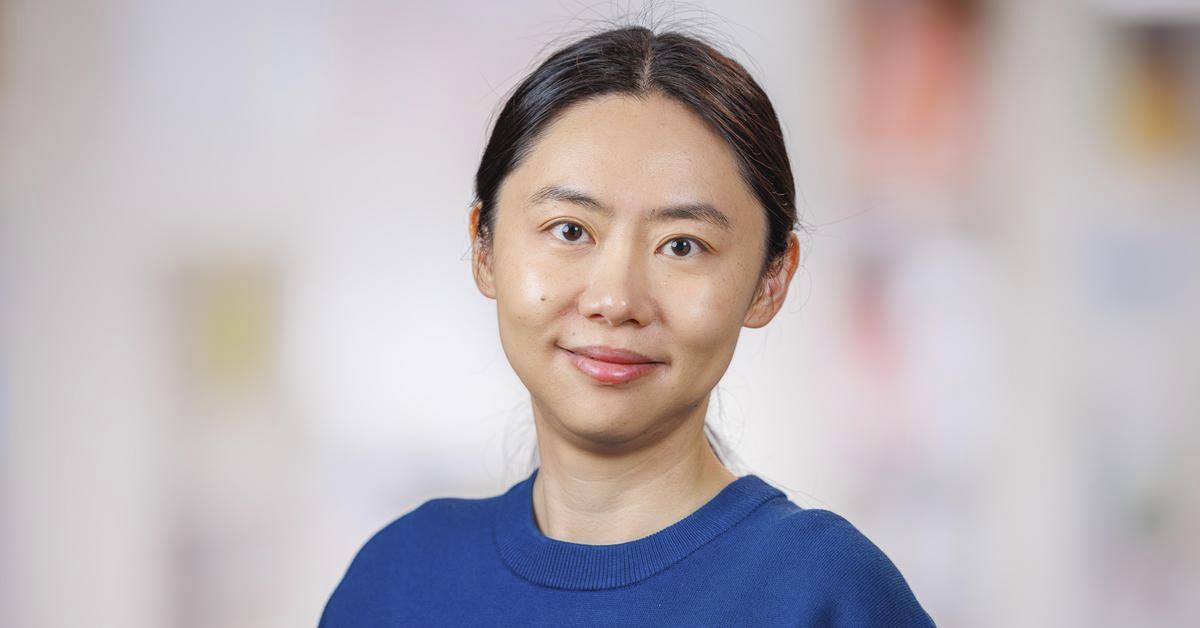Fred Hutch welcomes new Biostatistics leader
This summer, Li joined Fred Hutch as the head of the Biostatistics Program and inaugural holder of the Donald and Janet K. Guthrie Endowed Chair in Statistics. She is also an affiliate professor of Biostatistics at the University of Washington.
The endowed chair Li holds was inspired by a conviction that statistics has the potential to transform lives.
Don Guthrie, a long-time Fred Hutch supporter, established it in honor of his father, Donald Guthrie, a statistician who believed in the power of applied statistics to expand our understanding of the world. Like Li, he was also on the faculty at UCLA, where he taught for three decades.
“We are fortunate to have Dr. Li as an advocate for the use of applied statistics across Fred Hutch,” said Fred Hutch President and Director Thomas J. Lynch, Jr., MD, holder of the Raisbeck Endowed Chair. “And as biological research becomes increasingly data-intensive, this endowed chair from Don builds momentum for the role of statistics in unlocking future cancer and infectious disease breakthroughs.”
Why statistical models matter
As evolving biotechnologies expand capacity for data collection, statistics is critical for shaping research questions, designing experiments and deriving meaningful insights. Through applied statistics, scientists can better understand the results of their experiments to make more precise conclusions. In turn, these conclusions can drive new innovations in cancer and infectious disease treatments.
Recently, Li developed a new data analysis framework for single-cell transcriptomics, the study of the RNA molecules that determine a cell’s protein production. Transcriptomics, which typically involves tens of thousands of data points, can help researchers assess a variety of biological phenomena, including the effectiveness of a cancer treatment.
In transcriptomic analysis, researchers often perform multiple computational operations on the same dataset, a practice known as “double dipping.” Examining this practice, Li found that early manipulations can skew downstream results. Her team at UCLA designed a framework to improve accuracy in transcriptomic data analysis — which she hopes scientists will use in their biological research.
Joining Fred Hutch, she’s tapping into a network to which she knows biologists are paying attention. The Biostatistics Program, within the Public Health Sciences Division, emphasizes collaboration within the center and beyond, and Fred Hutch is home to the statistical coordinating center for several national research networks, including the Cancer Screening Research Network, the HIV Vaccine Trials Network (SCHARP), and the Women’s Health Initiative.
From helping shape computing and machine learning models for disease prediction and treatment response to evaluating diagnostic tools for disease, the Biostatistics Program plugs directly into critical research happening across the country.
“I won’t need to wait for people to discover my methods by reading my papers,” Li said. “I can be my own methods-user and collaborate with people to help solve analysis problems.”
